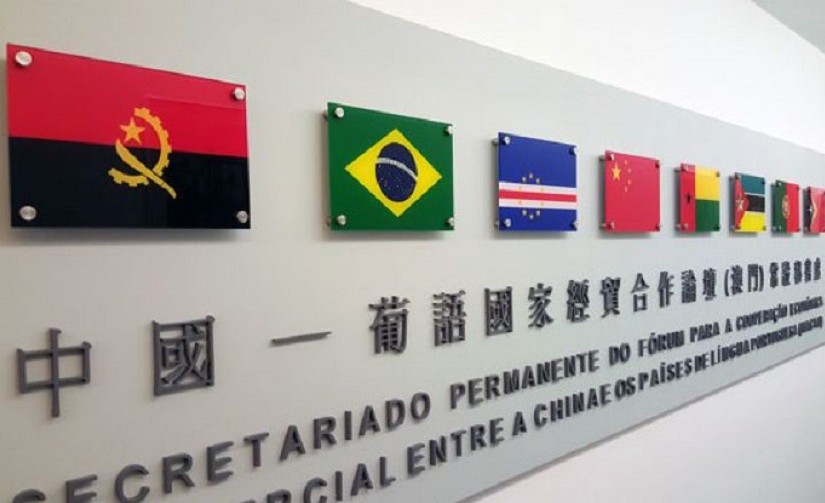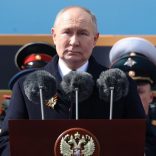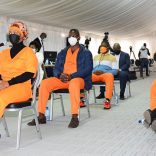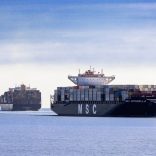US enlists 'Amerikaners' group in refugee scheme for white South Africans
Evolution of the relationship with China brings together leaders from Portuguese-speaking countries in Macau

Xinhua
The Ministerial Conference of the Forum for Economic and Trade Cooperation between China and the Portuguese-speaking countries that began on Tuesday in Macau, is the highest level of all previous conferences, which is a sign of the growing importance and complexity of this multilateral relationship.
The drop in commodity prices has been particularly hard on the economies of Brazil, Angola and Mozambique and resulted in a drop in China’s trade with these countries, but the global crisis has also led to a diversification of the relationship, coinciding with the Chinese central government’s new policy towards Africa.
In Brazil the crisis meant an opportunity for Chinese investment, such as the recent acquisition of a 68.1% stake in CPFL Energia by the China State Grid Corporation and in Angola and Mozambique Chinese financing has become even more important than it already it was.
The most recent report from Moody’s on Angola, released in September, showed that since the end of 2015 the country has received more than US$8 billion from China, which has allowed it to cover the deficit resulting from persistently low oil prices.
Also in the case of Mozambique, China has pledged to support the country at a time when IMF financing has been suspended, affecting public finances and forcing budgetary constraints and a halt to investment.
Xu Yingzhen, the Secretary General of Forum Macau, recently said that in the last three years the Portuguese-speaking African countries and Timor-Leste (East Timor) had received loans with favourable terms from China in the amount of US$270 million, as agreed in the 2013-2016 Action Plan that came out of the 4th ministerial conference of the Forum, held in 2013.
China’s investment in Portuguese-speaking countries, she said, at the end of 2015 amounted to US$4.5 billion and there are currently about 400 Chinese companies with investments in these countries.
The Deputy Secretary-General, Vicente de Jesus Manuel added that these credits financed projects such as a special economic zone in Mozambique (the most prominent), and, in Angola, a technical-vocational training centre and a power and water distribution centre.
According to Manuel, the Portuguese-speaking countries now have a “higher expectation” of economic cooperation with China, such as support for industrialisation.
“The current situation of all [Portuguese-speaking] countries is not the best, trade is declining by about 18% or 19% compared to previous years, so one of the solutions to reverse this situation is to diversify the economies of countries that are major exporters of unprocessed raw materials,” he said in a meeting with journalists.
Two components that the next action plan of the Forum, which will come out of the ministerial conference to be held Tuesday and Wednesday, are the “One Belt, One Road” strategy and strengthening the productive capacity of Portuguese-speaking countries.
Another new aspect of bilateral and multilateral relations is the internationalisation of the renminbi, an investment and trade facilitator companies and of funding to the states, which will have a major hub in the Macau financial sector, whose banks have shown they are better equipped for these services.
The fifth ministerial meeting of Forum Macau, more than a decade after the institution, was founded is attended by five prime ministers – Portugal, Cabo Verde (Cape Verde), Guinea-Bissau, Mozambique and China – and is already considered the highest level meeting ever.
Angola, Brazil and Timor-Leste (East Timor) will be represented by ministers at the conference, which will also be attended by businessmen from several Portuguese- speaking countries, with business agreements also expected to be signed.













Leave a Reply
Be the First to Comment!
You must be logged in to post a comment.
You must be logged in to post a comment.